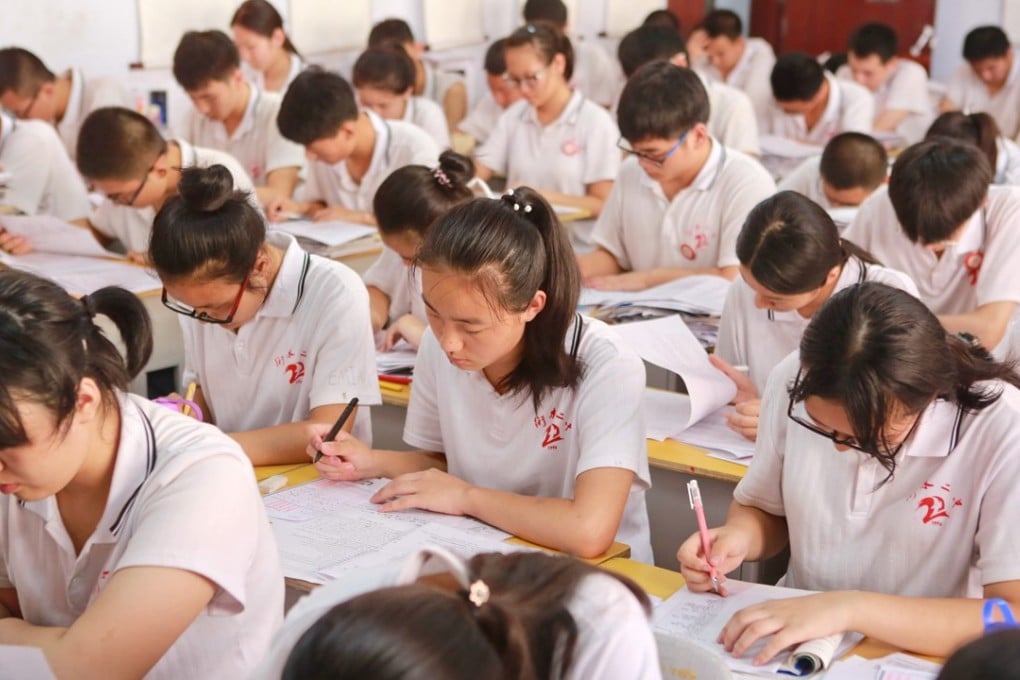China’s rigid college entrance exam is failing the tests of equality and diversity
James Liang says China’s higher education institutions should have a freer hand in recruiting students, instead of being forced to rely solely on the result of this nationwide exam. Changes to the system, which favours the better off, are overdue

China’s education system is being held hostage by its rigid state exam system. To enrol in a good school or university, a Chinese student needs to spend two years, if not longer, to prepare for an exam – the result of which will decide whether he or she makes it.
It’s a gruesome experience for most students. Many affluent Chinese families are walking away from the country’s nationwide college entrance exam, known as gaokao. Instead, they are sending their children overseas. It’s a trend now among not only the super-rich but also middle-class families. Tellingly, even teachers at Peking University and Tsinghua University, the top universities in China, are sending their children abroad for study, in a sign of the lack of confidence in the education system.
The current system is not helping the poor, either. Under Chinese law, children of migrant workers must take exams in their rural home towns. This arrangement has created whole generations of “left-behind children” who remain in the countryside while their parents take jobs in the city. Thus, the education system is a source of not just the urban-rural divide in China, but also the wealth gap.
To address these problems, every university in China should be granted autonomy in student recruitment. China could retain the nationwide college exam system, but the results should be a reference, instead of the sole criterion, in recruitment. Different schools and departments can have different criteria in recruiting students. Students with special talents could still have the chance to get into the right schools.
Overall, students would be encouraged to study for self-development, not taking exams.
Gaokao: how one exam can set the course of a student’s life in China
